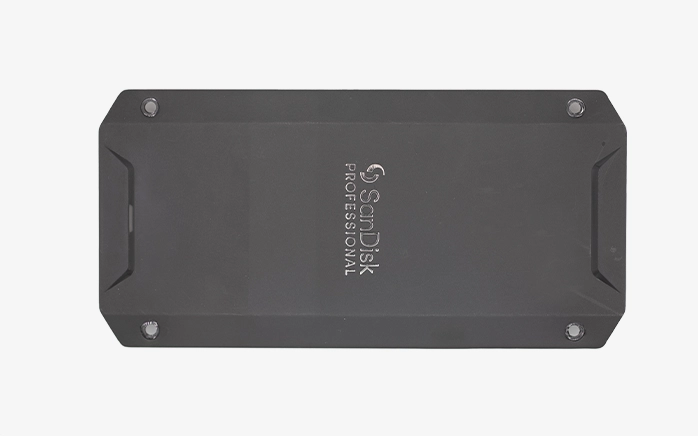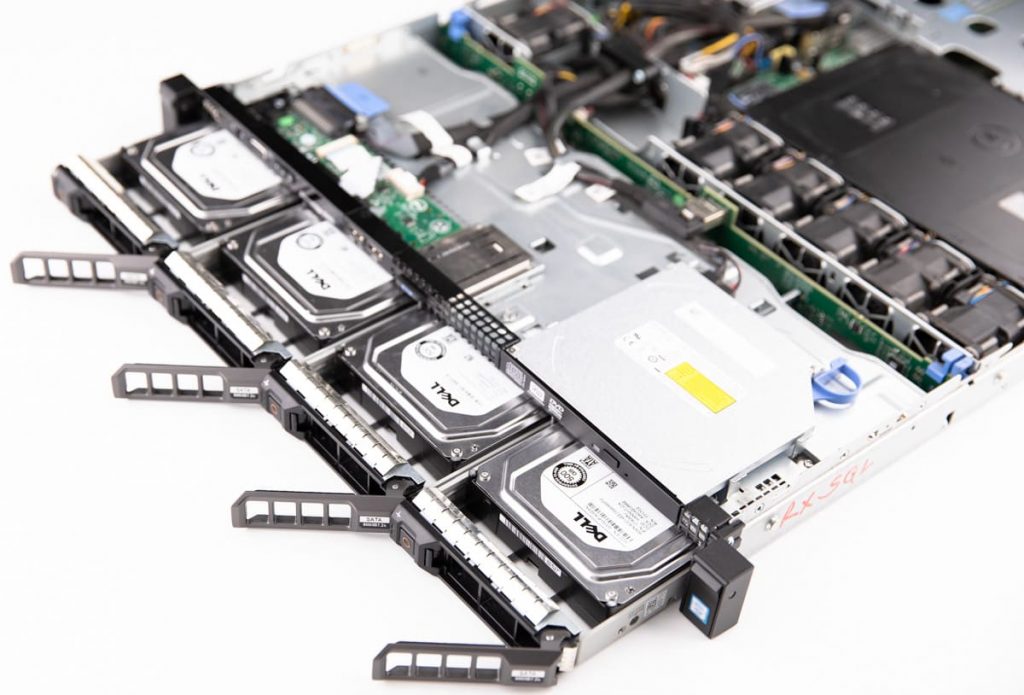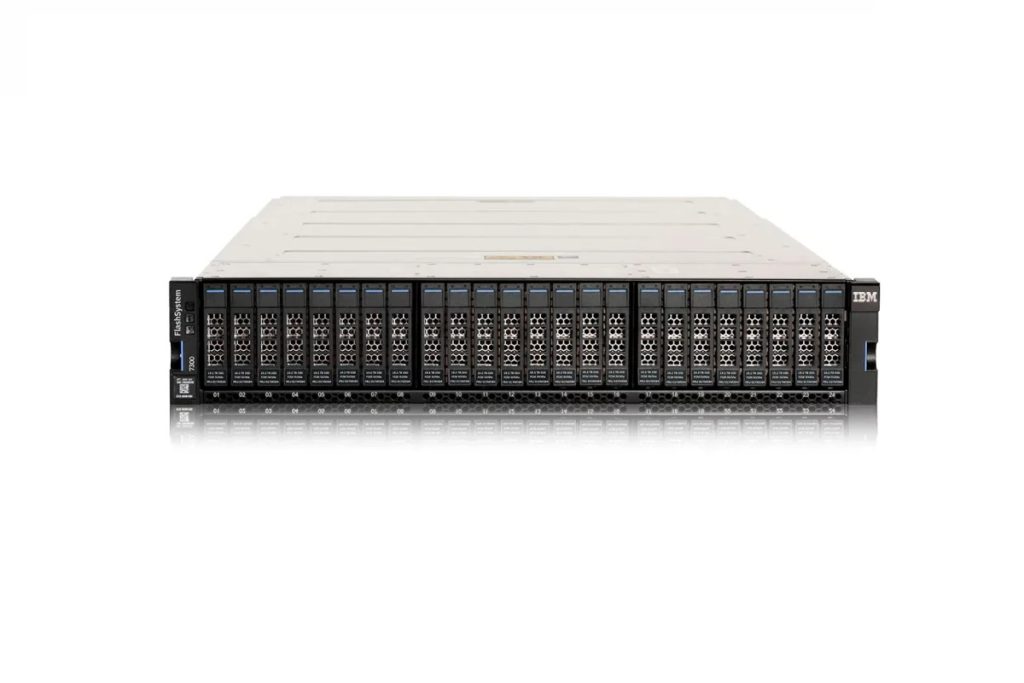In the realm of data storage, RAID (Redundant Array of Independent Disks) technology is widely recognized for providing fault tolerance, enhancing performance, and improving data security. Various RAID configurations, such as RAID 1, RAID 6, and RAID 50, can be tailored to meet specific client needs. However, despite these advantages, data loss can still occur in RAID setups.
Recently, we received a call from a client experiencing issues with their HP RAID 5 array containing solid-state drives. One of the drives had become inaccessible, prompting the client to seek our assistance.
Initiating the Data Recovery Process
Upon receiving the device, our engineers promptly began the recovery process. After a thorough evaluation, they determined that the inaccessible drive had failed due to mechanical damage. This type of malfunction can arise from various factors, including physical impact, overheating, or exposure to water. Recovering data from a physically damaged drive requires a precise and careful approach.
Recovery Process for Damaged Hard Drives
Step 1: Cleanroom Environment
The first step in our recovery process is to work in a cleanroom. Cleanrooms are specialized environments designed to minimize airborne particles, such as dust, that could cause further damage to the device. Our engineers carefully disassembled the drive within the cleanroom and assessed the extent of the damage. They discovered scratches on the platters, which could hinder the read/write heads from accessing data.
Step 2: Drive Cloning
Next, we cloned the damaged drive. Cloning involves creating an exact copy of the drive’s contents onto a separate, healthy drive. This step is crucial for data recovery from RAID arrays, as the cloned drive becomes the primary source for recovering data. After cloning the drive, our engineers proceeded to scan the cloned version for lost data.
Step 3: Data Scanning
During the scanning process, we identified which data blocks were still accessible and which were corrupted. The duration of this process can vary based on the size of the drive and the extent of the damage.
Completing the Data Recovery
Once the data recovery process was completed, we scheduled a verification session for our client. This allowed him to review all restored data by connecting to our system. He meticulously checked each file to ensure that it was intact and uncorrupted.
After the client approved all recovered files, we securely copied the data to a new external media and returned it to him. Following his confirmation of receipt, we completely erased the data from our servers to maintain the highest level of security and confidentiality.
Advantages of Choosing Our Data Recovery Services
At PITS Global Data Recovery Services, we offer several benefits over other providers:
- Expertise in RAID Recovery: Our engineers possess extensive experience in recovering data from RAID arrays and solid-state drives.
- Advanced Technology: We utilize the latest technology to enhance recovery performance while minimizing power consumption.
- Security and Confidentiality: We prioritize the security of our clients’ data throughout the recovery process.
Data loss can happen to anyone, regardless of the precautions taken. While RAID configurations provide a degree of fault tolerance, data loss can still occur. Our skilled engineers follow a specific process to recover data from physically damaged devices, ensuring secure and confidential handling of client data.
If you have experienced data loss, contact PITS Global Data Recovery Services for prompt and reliable recovery solutions. Trust us to recover your valuable data efficiently and securely.


